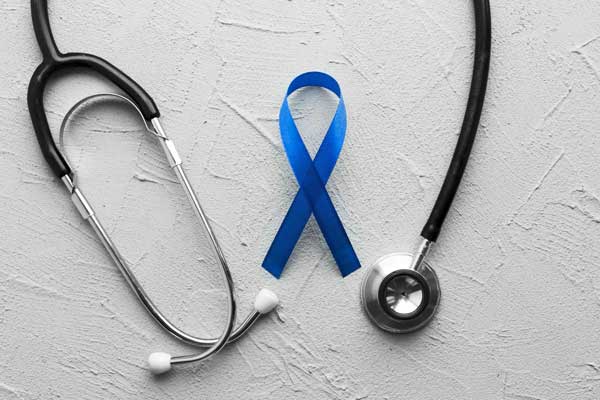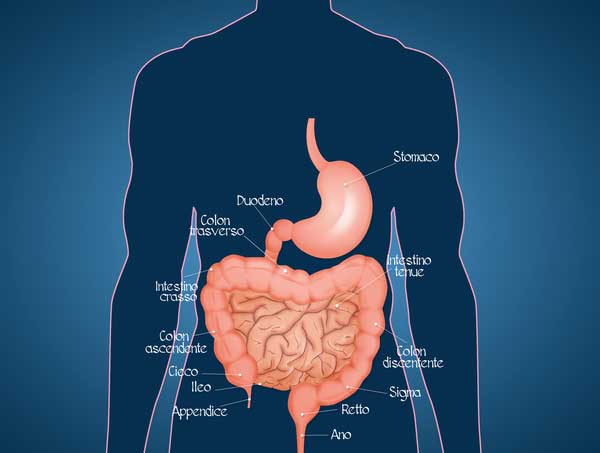Colon cancer is a pressing concern that affects people of various age groups, and it is essential to understand its symptoms, risk factors, and prevention strategies. In this article, we will delve into the critical colon cancer symptoms and explore the industry surrounding this disease. Let’s also discuss the importance of lifestyle choices, the role of diet in preventing colon cancer, and how early detection methods like colonoscopies can save lives.

What Are the Critical Colon Cancer Symptoms?
Colon cancer often begins without noticeable symptoms, making early detection crucial. Symptoms vary depending on the tumor’s size and location within the intestine.
- Change in Bowel Habits: If you’ve noticed a significant change in your bowel habits, such as constipation or diarrhea, this could be a warning sign.
- Altered Fecal Matter Shape: Changes in the shape of your fecal matter, particularly thinning, can indicate colon cancer’s presence.
- Chronic Bleeding: Analyzing stool samples for hidden blood is a method for early detection. Chronic bleeding can lead to iron deficiency anemia, which is a red flag.
- Abdominal Symptoms: As the tumor grows, it may cause abdominal pain, swelling, weight loss, fatigue, and chronic tiredness.
- Visible Blood: In advanced stages, colon cancer may lead to visible blood in your stool or darker stool due to the presence of blood.
- Obstruction-Induced Symptoms: Depending on the tumor’s location, you might experience obstruction-induced symptoms like gas buildup or abdominal swelling.
Understanding Colon Cancer Risk Factors
Your risk for colon cancer is influenced by both genetics and lifestyle choices. While genetics play a role, it’s essential to recognize the impact of diet and lifestyle on colon cancer risk. Factors that accelerate the transformation of benign polyps into cancer include:
- Ultra Processed Foods: These have been linked to colon cancer, so minimizing their consumption is crucial.
- Excessive Red Meats: Especially processed meats like sausages, salami, and ham.
- Bad Fats: Reduce consumption of excessive vegetable oils, except for olive oil.
- Sugar and Sodium: High intake of these contributes to increased risk.
- Constipation: Addressing constipation through dietary choices is essential.
- Alcohol and Smoking: Both are known carcinogens and should be avoided.

Preventing Colon Cancer Naturally
To reduce your risk of colon cancer, consider the following dietary and lifestyle choices:
- Anti-Inflammatory and Antioxidant Foods: Incorporate fruits, vegetables, and spices like turmeric into your daily diet.
- Healthy Fats: Consume Omega-3 rich foods like salmon, sardines, and flaxseeds, as well as avocados and eggs from free-range chickens.
- Adequate Hydration and Fiber: Drink enough water and increase your fiber intake to address constipation and promote a healthy intestinal flora.
- Balanced Lifestyle: Prioritize adequate sleep, regular exercise, and maintaining social connections, which have antioxidant and anti-inflammatory effects.
- Nuts and Seeds: Contrary to previous beliefs, they can be beneficial for intestinal health and do not increase the risk of conditions like diverticulitis.
The Importance of Colonoscopy
A colonoscopy is a vital tool for early colon cancer detection. During this procedure, a camera-equipped tube is inserted into the intestine to look for abnormalities like polyps or tumors. It is recommended for individuals starting at age 45 or 50, with earlier screenings if there is a family history of cancer. While there are minimal risks associated with colonoscopies, they are essential for early detection.
Conclusion
Colon cancer is a significant health concern, but understanding its symptoms, risk factors, and prevention strategies can make a significant difference in early detection and overall well-being. By making informed dietary and lifestyle choices and utilizing essential tools like colonoscopies, you can lower your risk and promote a healthier, cancer-free life. Remember to prioritize your health and stay vigilant for any warning signs.
